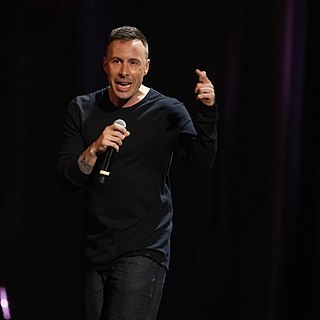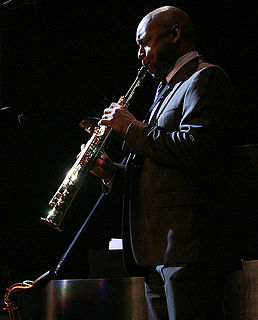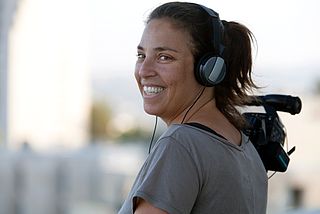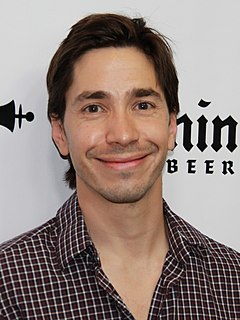A Quote by Dov Davidoff
Finding your voice is something you have to keep working at. Your voice as a comic evolves the same way that you evolve. You have to find out what works for you. How can you express your opinion, your take on the situations in a way that feels natural to you? That's where you find your voice.
Related Quotes
We're always being told 'find your voice.' When I was younger, I never really knew what this meant. I used to worry a lot about voice, wondering if I had my own. But now I realize that the only way to find your voice is to use it. It's hardwired, built into you. Talk about the things you love. Your voice will follow.
There's this pet phrase about writing that is bandied around particularly in workshops about "finding your own voice as a poet", which I suppose means that you come out from under the direct influence of other poets and have perhaps found a way to combine those influences so that it appears to be your own voice. But I think you could also put it a different way. You, quote, find your voice, unquote, when you are able to invent this one character who resembles you, obviously, and probably is more like you than anyone else on earth, but is not the equivalent to you.
For me, music is in no way ornamental or decorative, it's constitutive of who I am. And that's why, when I say I'm a blues man, that's a very serious vocation - to muster the courage to find your own unique voice, to forge your distinctive style in the world, to leave your imprint in the sands of time in such a way that your singularity, your individuality, remains something that people have to come to terms with.
Write like you write, like you can't help but write, and your voice will become yours and yours alone. It'll take time but it'll happen as long as you let it. Own your voice, for your voice is your own. Once you know where your voice lives, you no longer have to worry so much about being derivative.
I loved the idea of doing impressions and mimicking and playing around with the spectrum of your own voice. That's what I enjoy most about doing voiceovers. You can be completely unconscious with the rest of your body and just concentrate on doing something with your voice, creating an entire character with your voice.
But I liked you from the moment I first heard your voice,” he said, “when I had no idea what you looked like. I thought it delicious, the way you bargained for me, as though I were an old rug. Then I loved the way you looked at me. Then I loved the way you ordered me about. I loved your patient and impatient ways of explaining things to me. I love the sound of your voice and the way you move. I love your courage and your kindness and your generosity and your obstinacy and your passion.” He paused. “You’re the genius. What do you think that means?
I think that you find your own way. You have your own rules. You have your own understanding of yourself, and that's what you're going to count on. In the end, it's what feels right to you. Not what your mother told you. Not what some actress told you. Not what anybody else told you but the still, small voice.
I guess it was easier for me to find my voice in poetry than it was in fiction. I'm working on fiction again, and I find it a lot more difficult. It's a struggle. At a certain point, you have your voice and you go to it every time, so it's not like reinventing the wheel. That's the way I see it at least.
































